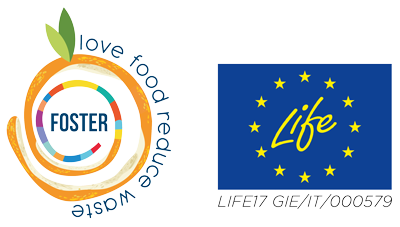Hospitality Technology – Three Ways the Hospitality Industry Can Reduce Waste From Hyatt’s new sustainable headquarters in Chicago to Marriott’s Serve 360 platform and Caesars Entertainment Group’s CodeGreen, large hospitality industry players are committing to reduce their environmental impact by cutting down on carbon, energy, water, and waste. This positive environmental trend challenges global organizations, from established hotel chains to new boutiques, to rethink the traditional business model – one where 25 percent of all food passing through kitchens gets thrown out, recycling containers are still uncommon in guestrooms, and leak detection systems are installed in only 21 percent of hotel properties. Without change, the hospitality industry’s environmental footprint will only expand as international tourism is expected to grow 4 to 5 percent in 2018. By 2030, the United Nations World Tourism Organization (UNWTO) anticipates the travel and tourism industry will need to sustainably manage a daunting 1.8 billion international tourists. Effective waste management practices will become critical to maximizing profits and reducing resource consumption. The average person in the U.S. generates more than 4 pounds of waste per day and landfill costs are on the rise. In 2017, the average price to dispose municipal solid waste (MSW) increased 3.5 percent from 2016 to $50.60 per ton.
While hospitality industry leaders recognize the need for change, they face unique challenges – a transient workforce, multiple cultures under one roof, and a waste stream as diverse as a small city’s. But, with a little perseverance, gumption, and creativity, hoteliers will find that their trash holds the key to cost savings and opportunity. This article from ENGIE Insight discusses three ways to get started: Recognizing how local sites contribute to the bigger picture will drive a tailored but cohesive strategy. By better understanding recycling programs available to each geographic location and the local regulations, companies can more effectively determine the waste profile at each site and optimize container volumes and service frequencies. Data is the key to turning a sustainability dream into reality – to thinking strategically about both financial and environmental costs and embracing a holistic approach to waste reduction. For Caesars Entertainment Group, looking at waste expense data and a literal dumpster dive inspired new waste initiatives. First, Caesars needed to put its waste data into an analyzable format. Historically, the company’s waste invoices varied by utility, making focusing waste programs difficult. Second, the company dug deep into its data to understand tonnage and haul counts, and married these findings with the data from their waste audits. As a result, Caesars launched a waste management program to align with its unique needs, including one that recycled wine corks and diverted alcohol bottles from the restaurant waste streams. Since 2012, Caesars has diverted more than 270,000 tons of waste away from landfills, achieving a diversion rate of more than 40% during the last four years. Read the original article here – https://hospitalitytech.com/three-ways-hospitality-industry-can-reduce-waste-2018Hospitality Technology
Caesaes Studies
15 April 2019
Hospitality Technology – Three Ways the Hospitality Industry Can Reduce Waste

Categories:
food waste

